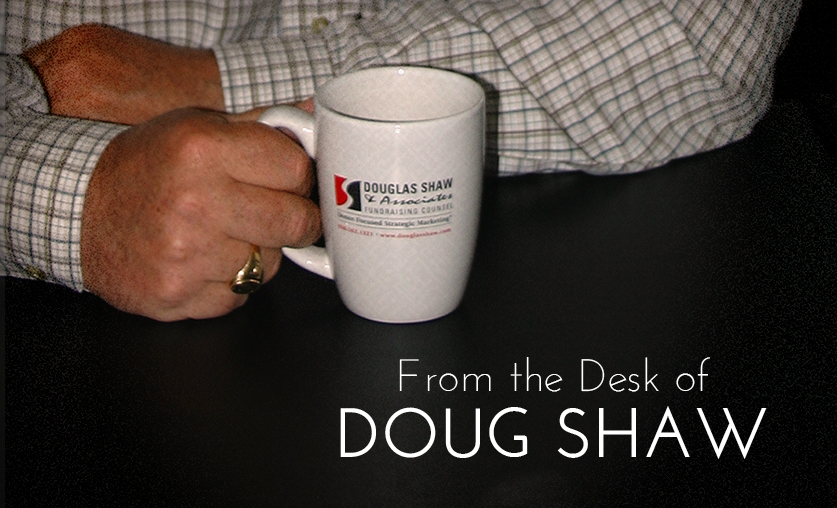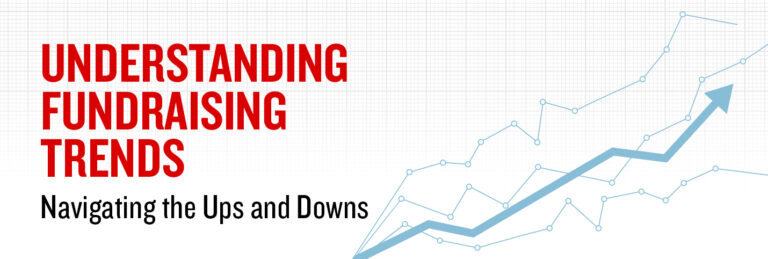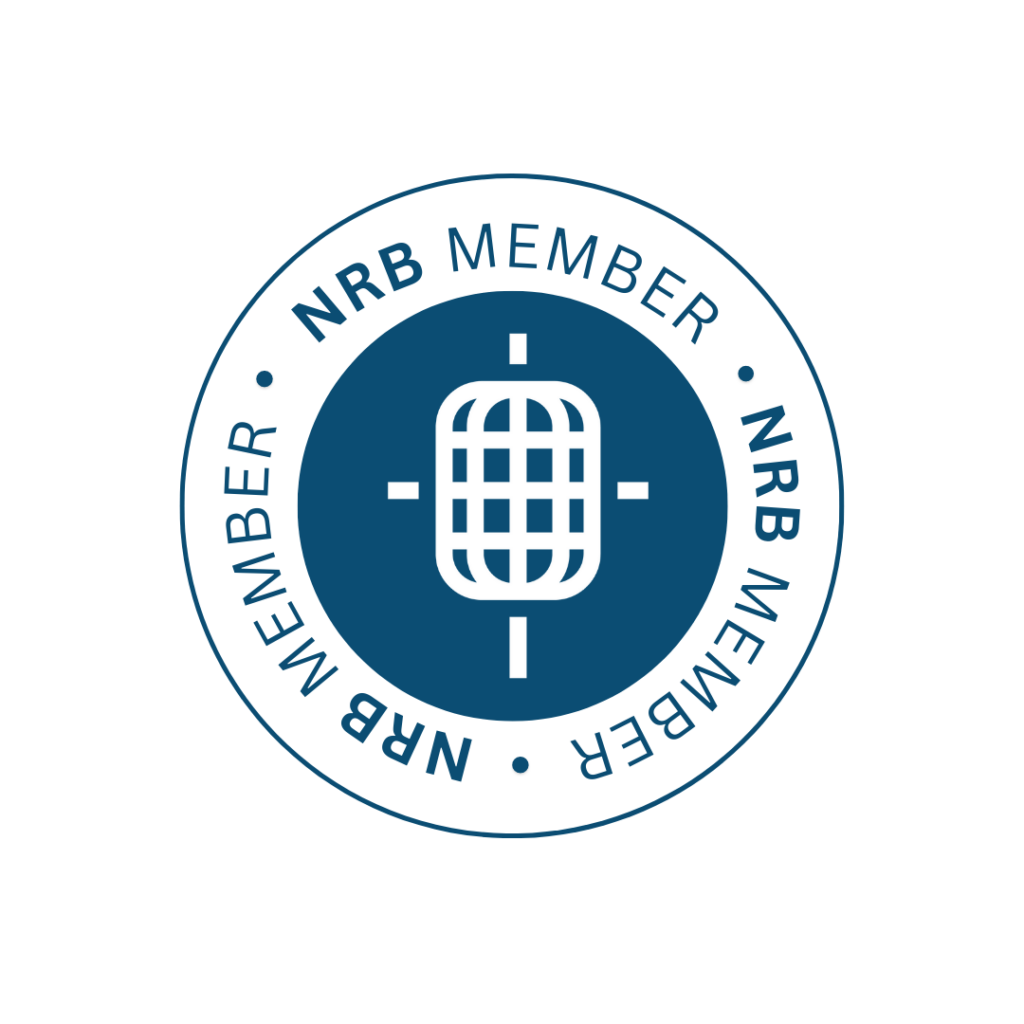Self-Awareness: The Best Friend of the Fundraiser
There’s an old country saying, “Don’t hire a dog and bark yourself.” In fact this is exactly what many nonprofit’s do; they hire a fundraising consultant and then try to prove to them how much they don’t need them. It’s true; I see it all the time. Now I’m not totally certain why people do this. It isn’t any fun for anybody involved in the process and it usually ends in a short-term engagement with nobody being satisfied and sadly, their cause is not advanced much at all.
Thankfully not all of my consulting engagements begin this way. There are, on rare occasions, opportunities to help people who know they really need help, and they’re willing to admit it to themselves and to others. What a breath of fresh air this is!
You’ve most likely heard the phrase, “The numbers don’t lie.” It’s an old adage that’s continued to be used because of the truth it bears. If an organization’s income has been flat or declining for several years, then doing the same thing in the same old way isn’t going to change the situation. (I think that’s the definition of insanity isn’t it? Doing the same thing in the same way and expecting a different result?)
If the numbers are telling the truth, which when properly tallied they generally are, then something different must be done to improve the situation. But what if you, the development officer, don’t know what to do? You have no formal training in development (few people do) so you generally do what’s been done before. Only now it’s quite evident that things need to change. The best thing you can do in a situation like this is admit to yourself you need help. This is where self-awareness comes into the picture.
Are you secure enough in your being to ask for help when you need it? Many of us struggle with the idea of needing help. There may be many good reasons for this and some bad ones as well. One of the most common reasons people don’t ask for help is fear. After all, you were hired to raise money for your cause, what will happen if the boss finds out that you’re stuck? Will you lose face? Or even worse, will you lose your job? Let me offer a little help here.
People who admit their shortcomings are usually seen as people who are self-aware. Self-awareness is a trait that most of us admire in another person. So I encourage you to admire yourself for being honest about what you know as, well as what you don’t know. For example, I’m lousy at anything to do with balancing a checkbook or anything else resembling accounting. I accept this about myself; debits and credits make my mind swirl, not to mention the painful puzzle of cash accounting versus accrual accounting. But I’m very confident of my abilities to help organizations raise significant amounts of money.
It doesn’t take anything away from me to admit my shortcomings in accounting. After all I’m not trying to be an accountant. I’m a fundraising consultant. I know direct-response fundraising about as well as anyone out there. But don’t ask me to write a grant proposal or develop a capital campaign strategy. It’s not my area of expertise. You don’t have to be good at every kind of fundraising either.
There are times when one of my employees would come to me and say, “I’m stuck, I have a problem, and I don’t know what to do next.” I didn’t have any negative feelings about them. In fact, I appreciated their candor. It was also an opportunity for us to learn together.
This brings me to your relationship with your supervisor. After you admit your need for help to yourself, you need to share your need with your employer. It helps if you involve them in the process by sharing the results of existing strategies and why you think a change is needed.
If you and your supervisor come to an agreement that outside counsel would be helpful, I encourage you to make it a learning experience rather than a defending experience; which brings me back to the old country saying, “Don’t hire a dog and bark yourself.” If you decide to engage counsel, be vulnerable. Tell them what you know and what you don’t know. Ask them to challenge your assumptions, have them tell you where you went wrong or how to refine your thinking so you can be the fundraiser you truly desire to be. I can tell you from experience, an honest, self-aware development officer, who admits she’s struggling, is much easier to serve and help than a defensive, intimidated one. She’s also the person who is going to learn the most and become one of the best fundraisers of our time. Happy fundraising!
Related articles
-

What to Think of Artificial Intelligence and Its Impact on Fundraising . . .
In trying to summon an image to represent our theme for this issue of Donor Focus, I found myself drawn…
-

Fundraising Meets Artificial Intelligence
In this article, we’ll explore the captivating realm of AI-powered fundraising efforts—the boundless benefits and intriguing challenges that arise when…

